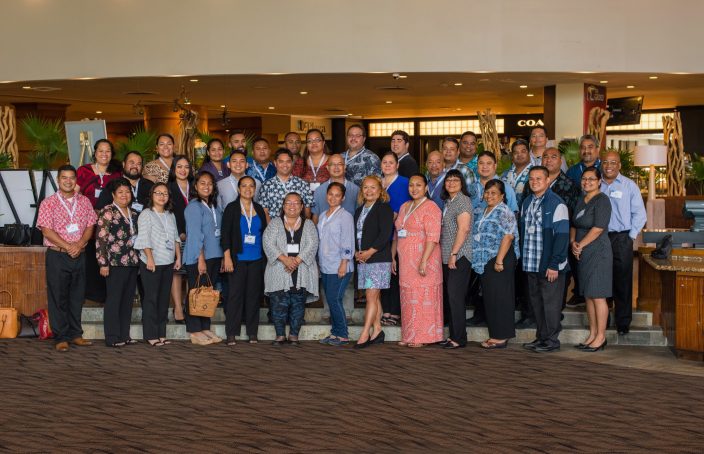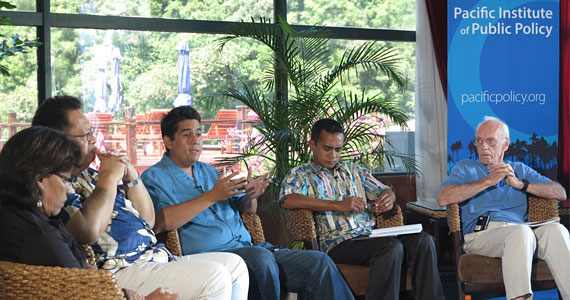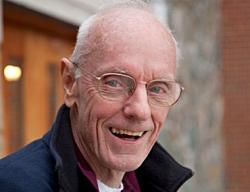What Do You Say to Future Island Leaders?
How often do you get a chance to spend a morning with thirty-some bright young islanders, many of them holding good government positions and destined to hold more important posts in the future? They are island leaders in the making?and the program held for them this past week on Guam was termed the Executive Leadership Development Program. These young people gathered from six different governments, including the various parts of Micronesia and American Samoa.
We spoke about nationhood, because it has fallen to them to finish the job begun by their leaders a generation or two earlier. Building a nation doesn?t end when the constitution is written and the government apparatus set in place. People have to buy into the government. They have to feel that it serves them, or else the island government is likely to become one more failed state to join the ranks of such as Somalia and Afghanistan.
But how are these future leaders expected to work the miracle of transforming the economy of a small, resource-poor, distant group of islands into a machine that is capable of supporting a modern government and all the services that it is supposed to provide?? It?s an impossible demand, I suggested to them, unless US, Britain, Australia, Japan, China and other powers are willing to provide the foreign aid year by year to sustain their economies. That may seem to be asking a lot, but it will happen sooner or later, I?m sure.
But perhaps the biggest challenge young leaders face is this last one?handling the social change that has led to new problems in the past and is sure to continue to do in the future. Suicide is one of those problems, as I have told people for years, and its rapid increase over the years is almost certainly a result of the significant changes in the island family. The islands have always had such problems as youth waywardness and suicide, but they have grown enormously since the 1960s.
What might these future leaders do to prepare for their nation-building task? Keep your eyes on the road ahead even as you remember the past, I told them. How can they plan for the years ahead without seriously considering the wisdom of the past?
My thanks to an old friend, Jason Aubuchon, and his team for a chance to pass on a few old thoughts to the people who will be in charge in the years ahead. The inspiration received from the energetic group in the room was reward enough for me.
If you’re an emerging island leader committed to working in the public sector, the Graduate School USA is accepting applications for the ELDP Class of 2019 through April 27, 2018.? Additional information is available online at http://eldp.pitiviti.org.




